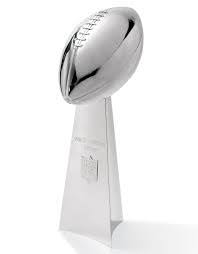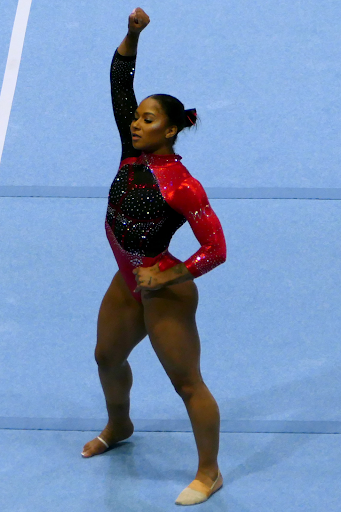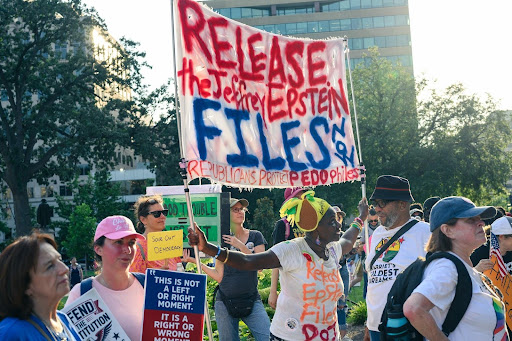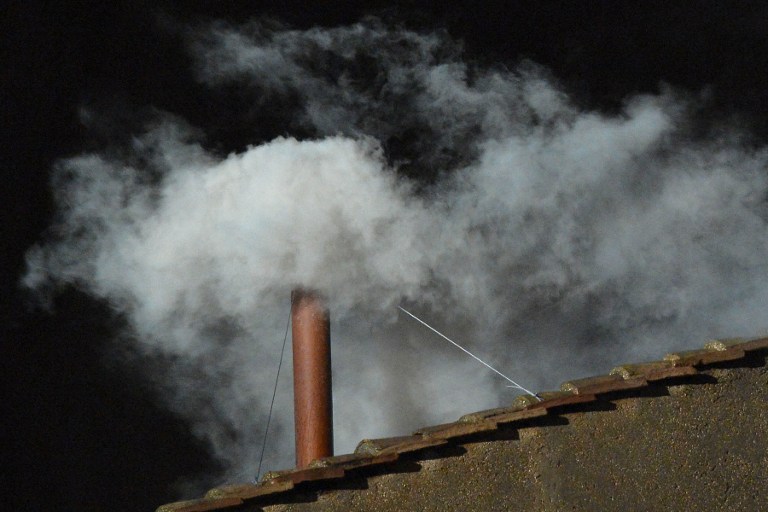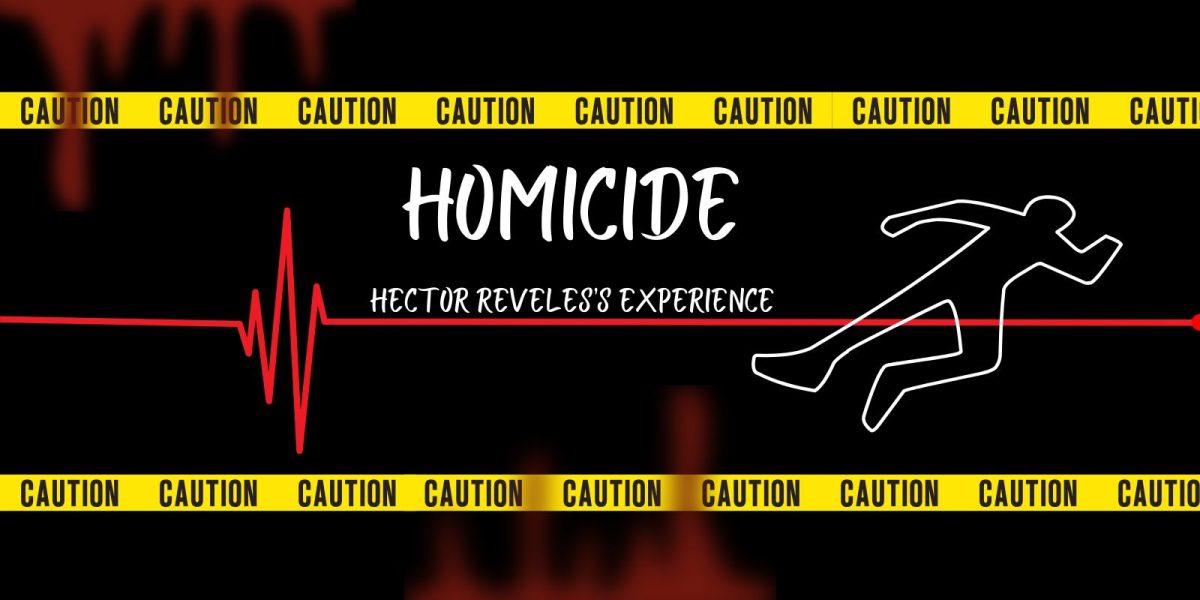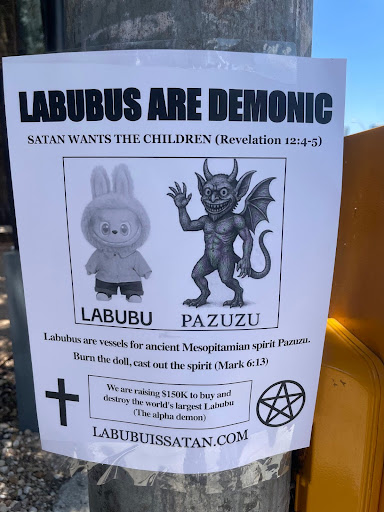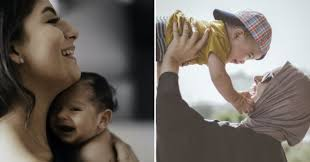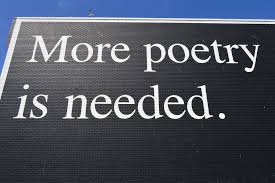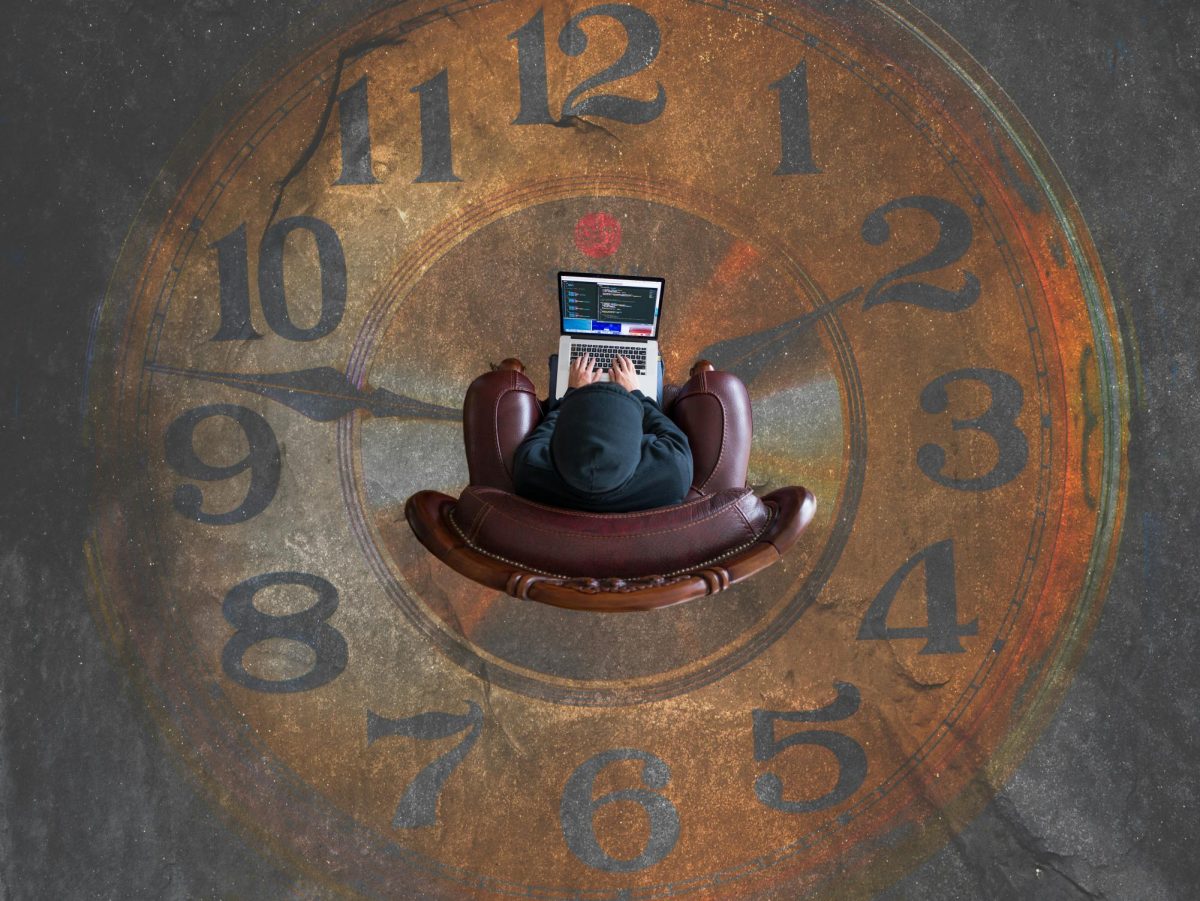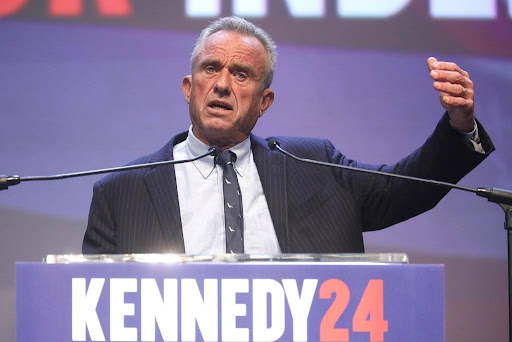An already turbulent and unpredictable election season has just gotten one of its largest shake-ups thus far. Democratic nominee hopeful turned Independent candidate, Robert F. Kennedy Jr. (RFK), dropped his bid to become president on August 23rd; he has officially endorsed Republican nominee, Donald Trump. RFK, who had been consistently polling at around 5.3% of the vote (and was still at an impressive 4.6% poll average on the day he dropped out) has been one of the most prolific independent candidates since Ross Perot in 1992.
Hours after dropping out, RFK joined Donald Trump at his rally in Phoenix, Arizona to cheers from the audience. RFK, who cited differing views between him and the Democratic Party over the handling of funding to Ukraine, freedom of speech issues, and medicine, among others, stated that he would pull out of all crucial swing states to boost Trump’s numbers. Prior to dropping out, he was seen as the main candidate taking away votes from Trump in swing states. However, there have been some problems with his withdrawal.
In Michigan, RFK is unable to remove his name from the ballot as the Natural Law Party officially made him the party nominee, as reported by Forbes. State law prohibits those nominated by a registered party from withdrawing from candidacy. Wisconsin state law prohibits anyone from withdrawing from the election unless they have died. Similarly to Michigan, RFK is unable to remove his name from the ballot in North Carolina due to his supporters creating and nominating him to a party known as the We The People Party. Despite these difficulties, RFK was able to remove his name from the Texas and Arizona ballot and is awaiting a decision from the Florida and Ohio Election Boards to his petition, likewise reported by Forbes.
Kennedy will still appear in all other states he has filed for due to them leaning heavily to the Democratic or Republican parties. This will not make or break it for either of the major party candidates’ White House quest come November.
With 70 days until election day (as of the day this was written), it can’t be known if this news will sway the election one way or the other. As this story is still breaking, ramifications will not be widely known until the first week of September when the first large-scale polls will be conducted after the fact. Smaller polls have suggested that, at least in the Rust Belt states of Michigan and Wisconsin, Kamala Harris has seen a slight jump. One can only wait until November 5th, election day to see the true impact of RFK’s decision on this year’s turbulent election.













